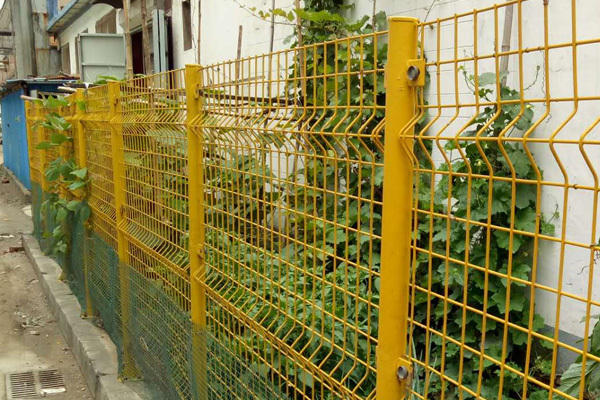What are the materials of round hole mesh?
Time:
Jul 09,2024
Author:
Source:

Round hole mesh can be made from a variety of materials, each with their own unique properties and uses. Some common materials used to make round hole mesh include:
1. Stainless Steel: Stainless steel is a popular material for round hole mesh due to its durability, resistance to corrosion, and high strength. It is commonly used in applications where hygiene and cleanliness are important, such as food processing, pharmaceuticals, and healthcare.
2. Aluminum: Aluminum round hole mesh is lightweight, easy to work with, and has good corrosion resistance. It is often used in architectural and decorative applications, as well as in air ventilation systems.
3. Brass: Brass round hole mesh has a warm, attractive appearance and is often used in decorative applications such as ornamental screens, lampshades, and furniture. It is also corrosion-resistant and has good electrical conductivity.
4. Copper: Copper round hole mesh is known for its high electrical conductivity and thermal conductivity. It is commonly used in applications where these properties are important, such as in electronics, heat exchangers, and RF shielding.
5. Galvanized Steel: Galvanized steel round hole mesh is coated with a layer of zinc to prevent rust and corrosion. It is commonly used in outdoor applications where exposure to the elements is a concern, such as fencing, security screens, and agricultural applications.
6. Plastic: Plastic round hole mesh is lightweight, flexible, and resistant to chemicals and moisture. It is often used in applications where corrosion resistance is important, such as in marine environments or chemical processing plants.
7. Titanium: Titanium round hole mesh is lightweight, strong, and corrosion-resistant. It is often used in high-temperature and high-pressure applications, as well as in aerospace and medical devices.
Overall, the choice of material for round hole mesh will depend on the specific requirements of the application, including factors such as strength, corrosion resistance, conductivity, and appearance. There are many different materials available to suit a wide range of needs and preferences.
Key words:
Next
Previous Page:
Next page:
Share To




